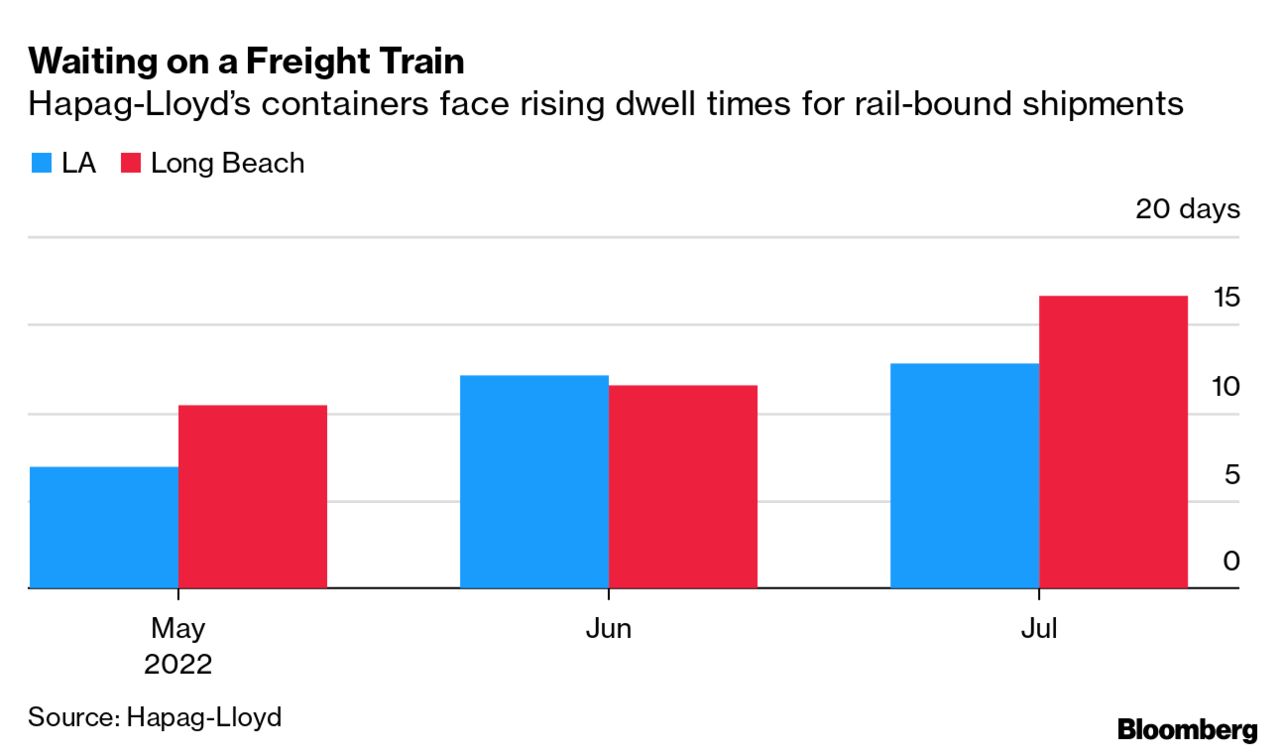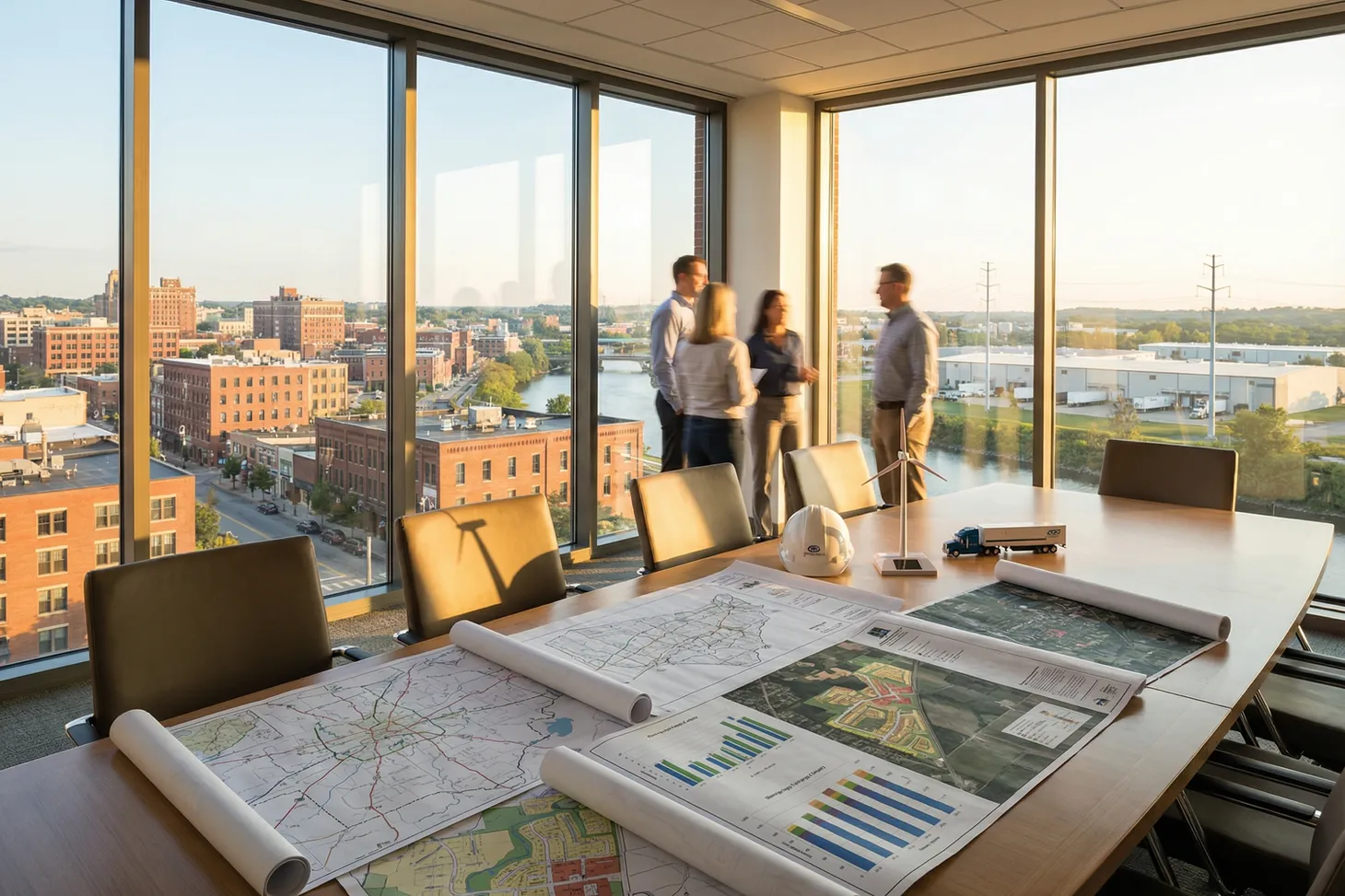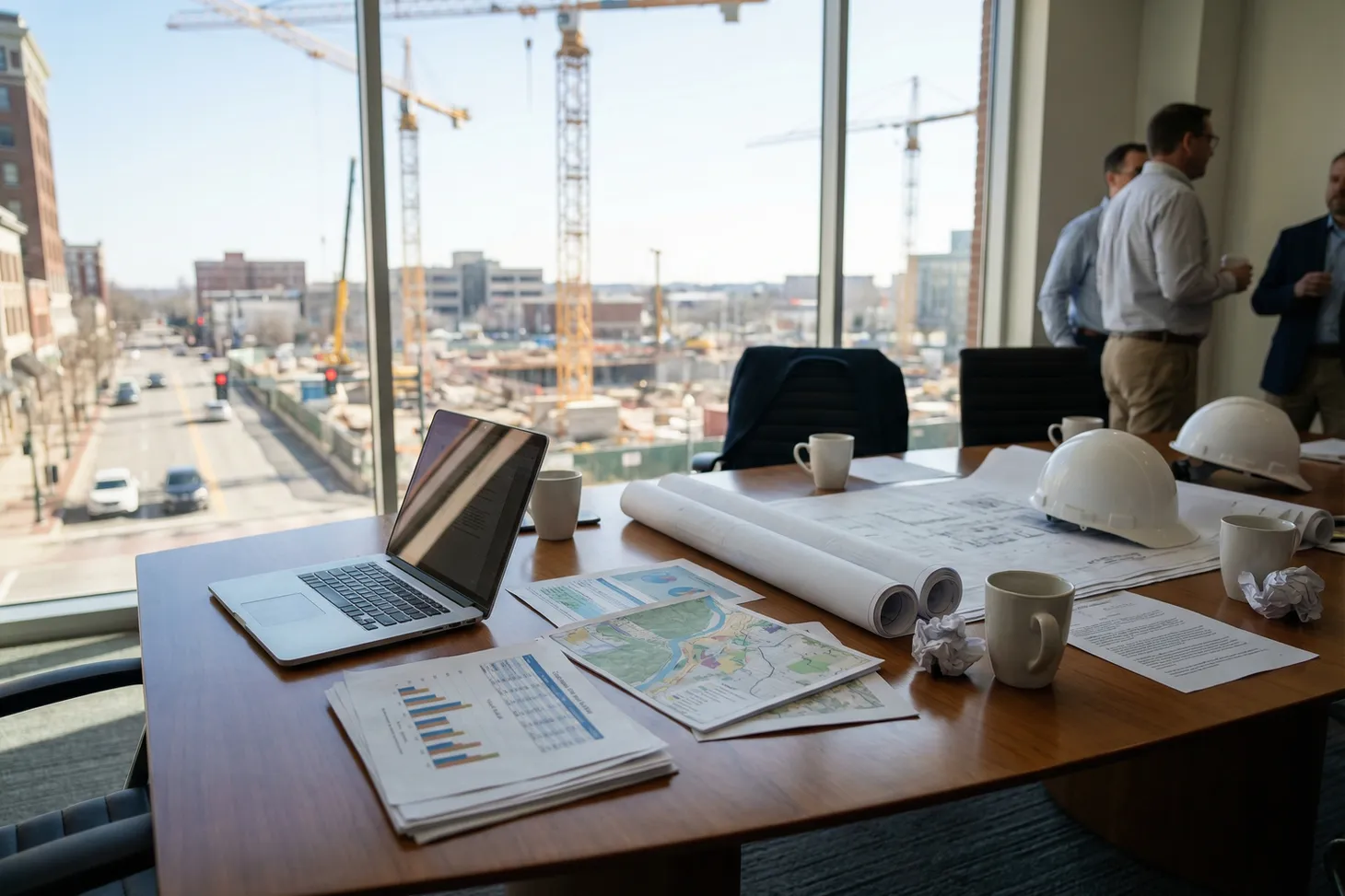Assorted Links Monday
All news is good news given a long enough time horizon.

Table of Contents
The $500m smiley face business: Nearly 50 years ago, one man ‘invented’ the modern smiley face. Then, another man halfway across the world made it into a multimillion-dollar cash cow.

The term Mittelstand refers to Germany’s storied small and mid-sized manufacturers, often family owned, that are a key part of the country’s economic resilience and long history (until last month) of trade surpluses.
This primer, though written 30 years ago, gives surprisingly relevant insight into the strategies that make them so successful today. A few strategic ideas stick out to me. Because Mittelstand companies are privately held, they can conduct business with an eye toward smart long term investment. They also frequently inhabit a narrow market niche (ex: labeling machines for bottles, specialty tools, etc.) and devote their resources to dominating the niche. Finally, they are frequently located in small towns and devote significant resources to vocational training, resulting in a well trained and loyal workforce. The Economist draws out these themes in this brief video.
At the Ports of Los Angeles and Long Beach, there's another transportation bottleneck. This time, it's not in the water, it's on the rails: The dwell time for intermodal containers through Long Beach are waiting an average of 16.6 days, up from 10.4 days in May. The delays through LA have doubled to 12.8 days over that same two-month span.

Where US housing is growing: In census data out this month, you can see a massive boom in suburban homebuilding, especially in Texas. Click here for an interactive version.

Despite inflation in the US, the US dollar, the world’s most important currency, is the strongest it’s been in 20 years. Just last week, USD hit 1:1 parity against the euro for the first time since 2002.
And finally, I had high hopes for Bidenomics. The combination of the Covid emergency, Chinese competition, and general American anger at long years of stagnation and inequality felt like they might motivate this country to get up off its butt and do something to improve the situation.
Unfortunately, it didn't work out. There are lots of reasons why: some political, some historical.
So, where do we go from here? As I see it, the answer has to be some form of what Ezra Klein calls “supply-side progressivism” and Derek Thompson calls “the abundance agenda”. America isn’t dealing with a crisis of jobs right now; we’re dealing with a crisis of costs, both in the macroeconomic inflation sense, and in the long term everything-costs-too-damn-much sense. Making life less expensive for regular Americans is a mission that fits the times we’re in.
And, guess who's extremely valuable going forward: that's right, economic developers.
Econ Dev Show Newsletter
Join the newsletter to receive the latest updates in your inbox.


